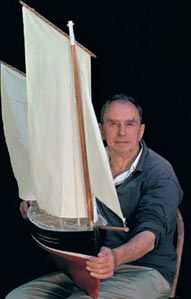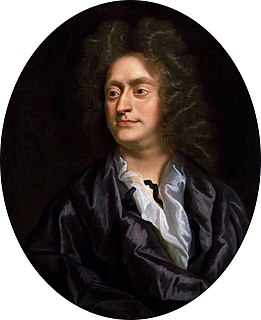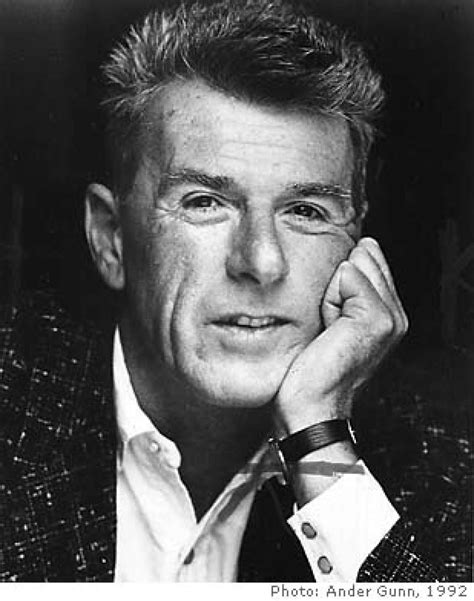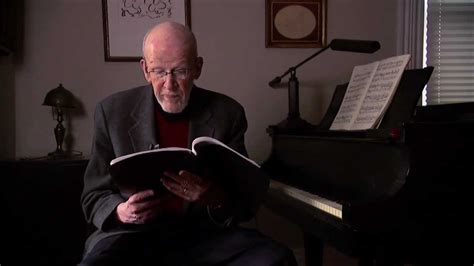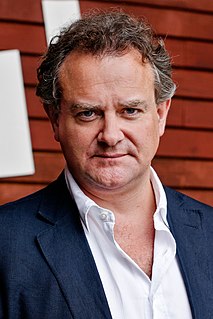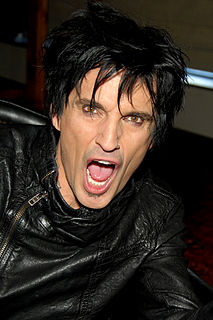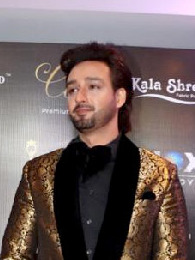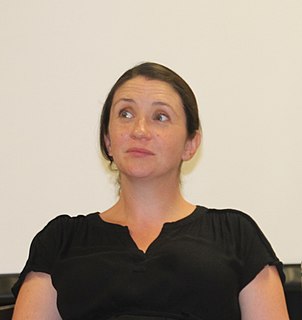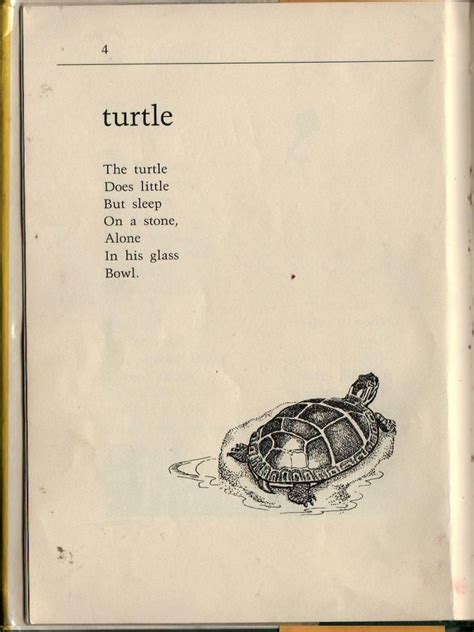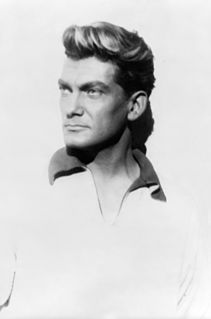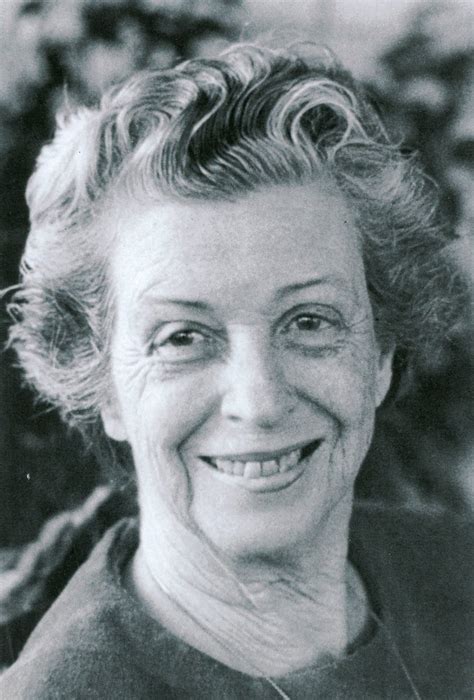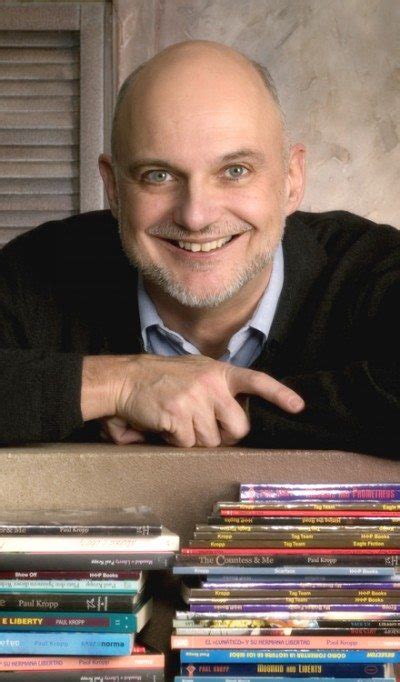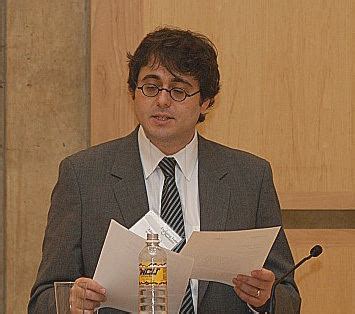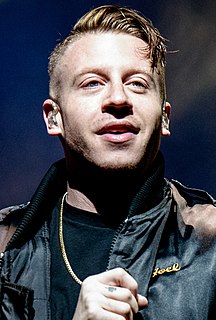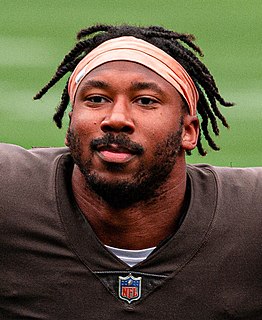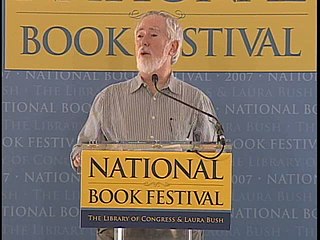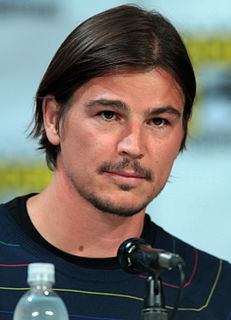Top 1200 Poetry Reading Quotes & Sayings - Page 3
Explore popular Poetry Reading quotes.
Last updated on November 14, 2024.
Teenagers are always sneaking around in drawers where they shouldn't go and reading things they shouldn't be reading. And that's an attempt to try, I think, to penetrate, that's how I found out as a teenager what was going on, was by sneaking into drawers and reading letters that I had no business reading.
For the last episode [of Downton Abbey], you'll need some handkerchiefs. I needed handkerchiefs reading it. It wasn't because it necessarily moved me while reading it, but it was the experience of reading it when I realized it was the last time I was ever going to be reading one of those scripts. That was quite terminal.
What do teachers and curriculum directors mean by 'value' reading? A look at the practice of most schools suggests that when a school 'values' reading what it really means is that the school intensely focuses on raising state-mandated reading test scores- the kind of reading our students will rarely, if ever, do in adulthood.
My personal view is that reading has to be balanced. Obviously, there's a certain amount of reading that we have to do academically to continue to learn and to grow, but it's got to be balanced with fun and with elective reading. Whether that's comic books or Jane Austen, if it makes you excited about reading, that's what matters.
Poems very seldom consist of poetry and nothing else; and pleasure can be derived also from their other ingredients. I am convinced that most readers, when they think they are admiring poetry, are deceived by inability to analyse their sensations, and that they are really admiring, not the poetry of the passage before them, but something else in it, which they like better than poetry.
I don't know that I had a sense that there was such a thing as "the poetry world" in the 1960s and early 70s. Maybe poets did, but for me as an onlooker and reader of poetry, poetry felt like it was part of a larger literary world. I mean, even the phrase "the poetry world" reflects a sort of balkanization of American literary and artistic life that has to some extent happened since then.
In the 1970s, for example, I found myself learning to relish the poetry of Andrew Marvell and Sir Thomas Wyatt, and getting a handle on poetry of plainer speech than I had dwelt with heretofore. Which led me into a new appreciation of middle [William Butler ] Yeats, of the short three-beat line and forward-driving syntax, and that paid in, in turn, to a poem like Casualty in Field Work. The traffic, however, was usually the other way. My teaching was animated by what I was reading and being excited by as a poet.
Reading is everything. Reading makes me feel like I've accomplished something, learned something, become a better person. Reading makes me smarter. Reading gives me something to talk about later on. Reading is the unbelievably healthy way my attention deficit disorder medicates itself. Reading is escape, and the opposite of escape; it's a way to make contact with reality after a day of making things up, and it's a way of making contact with someone else's imagination after a day that's all too real. Reading is grist. Reading is bliss.
Particularly when I thought of myself as a Wallace Stevens acolyte, I wrote very difficult poetry and I was really guilty of not knowing what I was talking about. I was going for a kind of clever verbal effect. I was trying to sound linguistically or verbally interesting. I had a sense, I guess, from just reading a lot of poetry of how a poem would start and how it would end but really I didn't know what I was doing. It had very little connection to my life.
I grew up in this household where reading was the most noble thing you could do. When I was a teenager, we would have family dinners where we all sat there reading. It wasn't because we didn't like each other. We just liked reading. The person who made my reading list until my late teen years was my mom.


